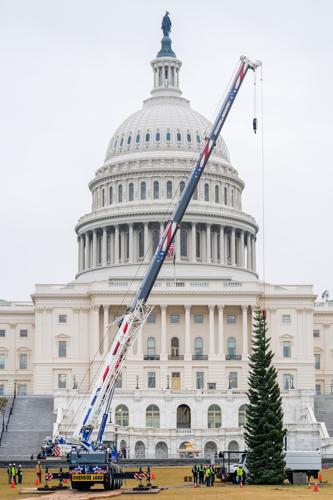FTC Initiates Trial Against Amazon Over Prime Subscription Practices

The long-anticipated trial initiated by the Federal Trade Commission (FTC) against Amazon commenced this week, focusing on the e-commerce giant’s practices regarding its Prime subscription service. The lawsuit, filed in 2023 under the Biden administration, accuses Amazon of misleading consumers into subscribing to Prime through deceptive user interface designs and creating obstacles to cancellation.
The FTC claims that Amazon employed manipulative tactics, referred to as “dark patterns,” to enroll users in automatically renewing Prime subscriptions. According to the complaint, Amazon intentionally complicated the cancellation process, making it significantly harder for consumers to opt out of the service than to sign up. The FTC described the cancellation path as “labyrinthine,” suggesting that the design was purposefully constructed to confuse or deter customers from completing the cancellation.
Prime membership, which costs $14.99 per month or $139 annually, is a cornerstone of Amazon’s business model, generating billions in revenue. Originally introduced as a means for faster delivery, Prime has evolved into a comprehensive service offering streaming entertainment, grocery delivery, and exclusive subscriber deals.
While Amazon does not disclose the exact number of U.S. subscribers, estimates from Consumer Intelligence Research Partners suggest that approximately 197 million customers were enrolled as of March 2025.
Trial Details and Allegations
The trial is expected to last around a month, with jury selection starting on Monday and opening arguments scheduled for Tuesday. Should the jury find Amazon liable, the presiding judge will determine the damages to be imposed. The FTC has not provided immediate comments regarding the trial proceedings.
The complaint highlights a cancellation process within Amazon that has been internally labeled as “Iliad Flow,” a reference to Homer’s epic, known for its protracted narrative. According to the FTC, customers seeking to cancel their Prime memberships had to navigate a complex sequence involving “a four-page, six-click, fifteen-option cancellation process.” This process allegedly contained numerous distractions, including warnings about missing out on benefits and promotional offers designed to dissuade users from canceling.
In stark contrast, signing up for Prime was reportedly straightforward, requiring just two clicks. The FTC criticized Amazon for frequently obscuring details about recurring charges in fine print, further complicating the consumer experience.
Since the filing of the complaint, Amazon has made adjustments to its cancellation procedures. The company now provides a dedicated cancellation page that outlines options for members considering the termination or temporary pause of their Prime subscriptions.
As this high-profile trial unfolds, its outcome could have significant implications for Amazon’s business practices and regulatory standards in the digital marketplace.






